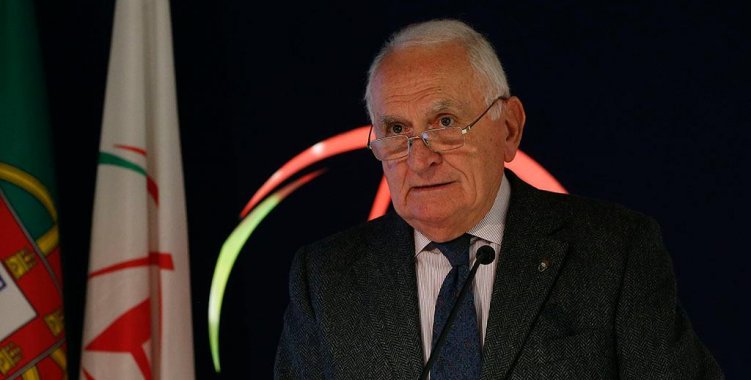"I would like Angola today to be a country where it was pleasant to live, where Angolans were entitled to enjoy the potential of their own land, (...) were entitled to what they deserve and did not have," said General Pedro Pazarat Correia in a interview to Lusa about the anniversary of the independence of the territory.
Today, Angola is going through "a reversal process" again, with an economic situation "difficult" and the social situation "getting worse", he considered.
"At this moment it seems to me that (...) it is again in a process of reversal. In economic terms the situation is very difficult, very complicated", he said, adding that he does not know how the country is reacting to the problem of the pandemic. covid-19, because there is not much news about it.
In addition, "socially, I believe that the situation is getting much worse in Angola and it is very complicated", he considered.
For the military and one of the men involved in the negotiations that led to the Alvor Agreement, the document that laid the foundations for the transition of power in the territory, the Angolan economy needs to change and so does politics.
Angola "has all potential", it just needs to take advantage of them, with the conversion of its economy, so that it is no longer "based on oil monoculture (...)" and starts to take advantage of agriculture, agriculture and livestock , livestock, tourism, mining and water that the country has, he considered.
For that, it needs "to penetrate the interior, by means of communication, railways, roads", he added. An interior that is for the retired Portuguese Army officer of "extraordinary economic potential".
As for politics and governance in Angola, the general considered that João Lourenço's early years were "encouraging" and that Eduardo dos Santos's departure from power "was extremely late".
"João Lourenço's early years were, to some extent, encouraging for me. It seemed to me that something really had changed. In this aspect, of the economic conversion, he gave some signs," he said.
For Pezarat Correia, Eduardo Santos should have promoted a transfer of power "at the beginning of this century. As soon as the civil war was resolved", at a time when there was an "environment of peace and reconstruction in Angola and when the country had a period of economic progress ", thanks to high oil prices. "It didn't. It was a serious mistake," he said.
For the military man who was part of the Portuguese Armed Forces Movement (MFA) and was a member of the Revolutionary Council, the change in political terms in Angola goes through a split within the MPLA, party in power since the country's independence.
"I do not see that there is still anything to suggest that oppositions may gain power in Angola through the electoral process," he said.
For Pezarat Correia, the trend after independence was for the liberation movements to perpetuate themselves in power, and these "by their nature are not political parties", but "fronts, (...) of various tendencies".
For this reason, he considers that "the evolution, both in Angola and in Mozambique, will end up giving rise to splits within the dominant party".
Currently, "there are public accusations of power" and even people who would have been linked to Eduardo dos Santos and who are now close to João Lourenço "are also beginning to be accused of using power", he stressed.
Thus, "I admit that there is even a split, with the appearance of a dissident party of the MPLA". And it could "be there that the end of the MPLA power monopoly in Angola will pass," he concluded.
The country "has a cultural structure, gray matter, paintings" and "has possibilities and capacity to become what we would all like Angola to be today", he concluded.







